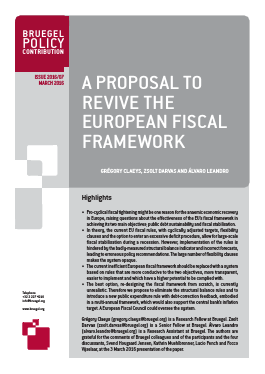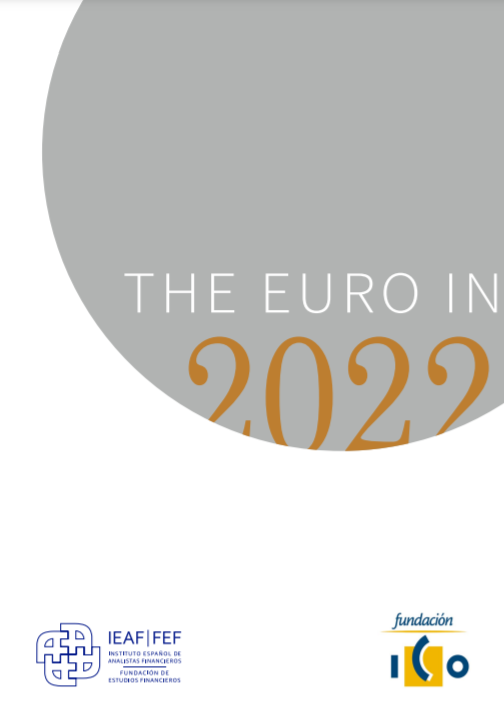Policy Contribution
A proposal to revive the European Fiscal Framework
The current European fiscal framework is inefficient. It should be replaced with a system based on rules more suited to the two core objectives: public debt sustainability and fiscal stabilisation. The rules should be more transparent and easier to implement. These reforms would promote greater compliance.
Highlights
• Pro-cyclical fiscal tightening might be one reason for the anaemic economic recovery in Europe, raising questions about the effectiveness of the EU’s fiscal framework in achieving its two main objectives: public debt sustainability and fiscal stabilisation.
• In theory, the current EU fiscal rules, with cyclically adjusted targets, flexibility clauses and the option to enter an excessive deficit procedure, allow for large-scale fiscal stabilisation during a recession. However, implementation of the rules is hindered by the badly-measured structural balance indicator and incorrect forecasts,leading to erroneous policy recommendations. The large number of flexibility clauses makes the system opaque.
• The current inefficient European fiscal framework should be replaced with a system based on rules that are more conducive to the two objectives, more transparent, easier to implement and which have a higher potential to be complied with.
• The best option, re-designing the fiscal framework from scratch, is currently unrealistic. Therefore we propose to eliminate the structural balance rules and tointroduce a new public expenditure rule with debt-correction feedback, embodied in a multi-annual framework, which would also support the central bank’s inflation target. A European Fiscal Council could oversee the system.














